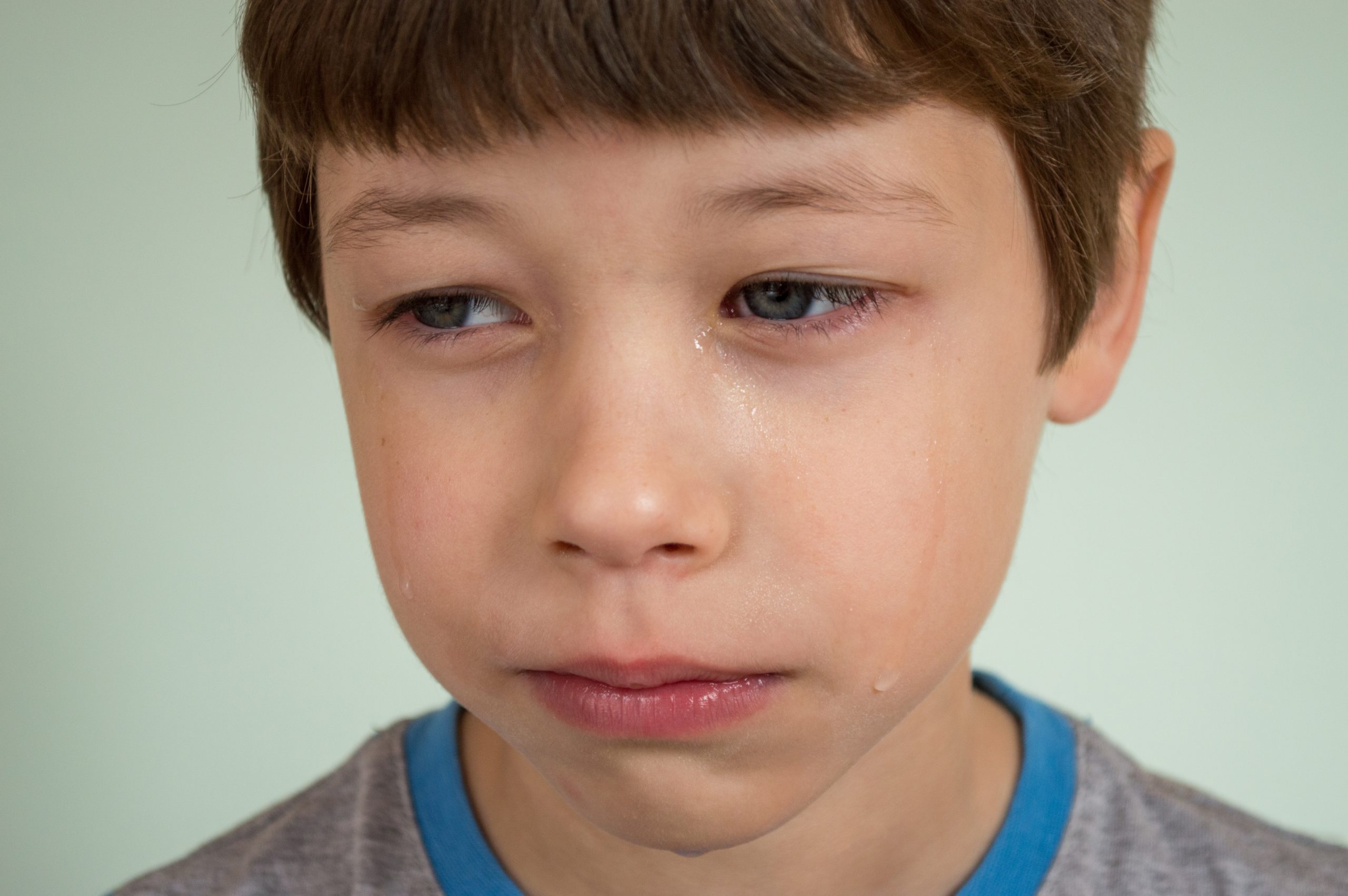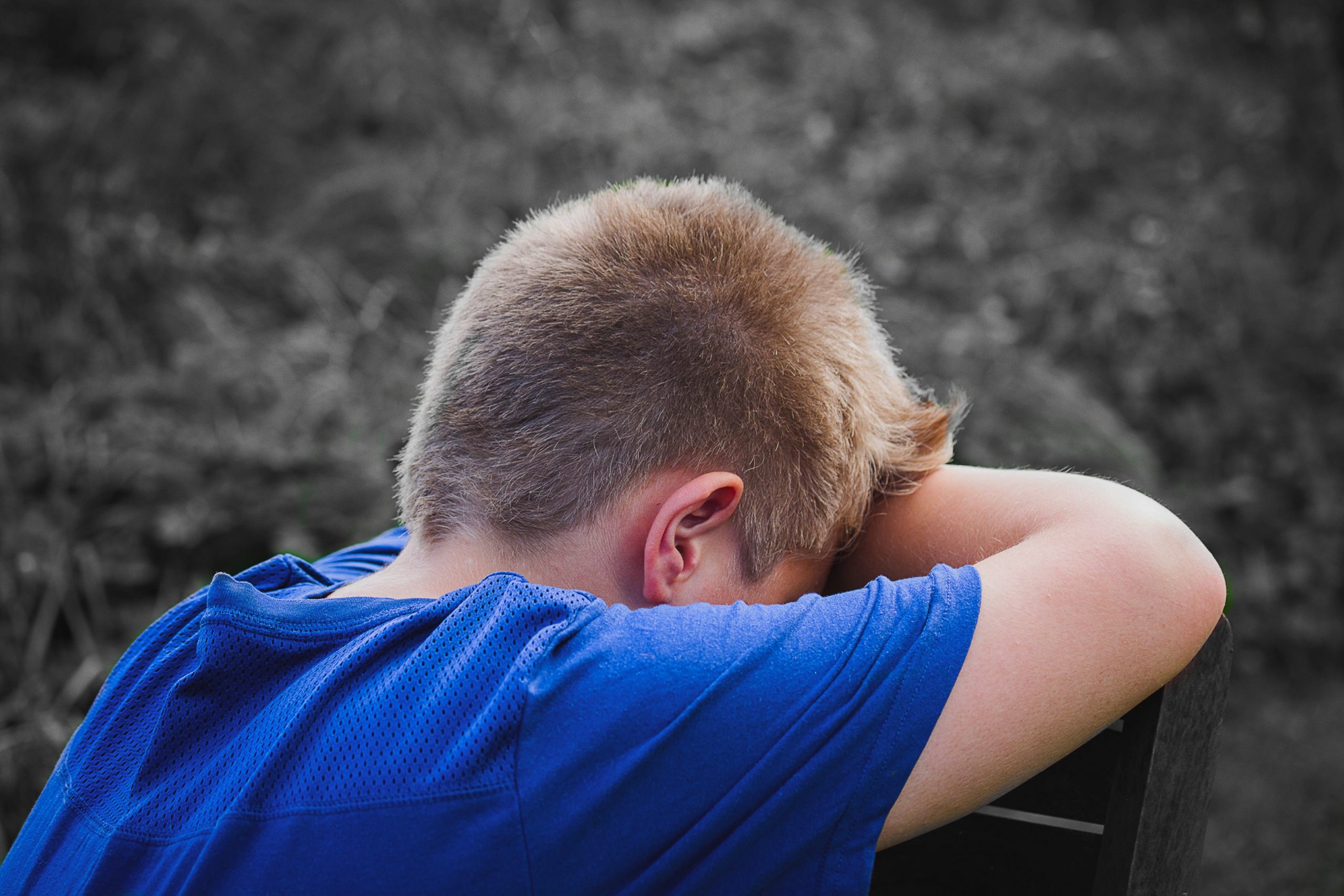“An abused child that received no intervention might end up as an abusive adult”.
A lot of people are curious about how physical and emotional abuse affects children, this topic is gaining interest from parents, children, and social institutions.
Physical and emotional abuse affects children mentally, emotionally, physically, and health-wise.
A lot of children in the world are suffering from the effects of abuse, most of them are adults now but the negative effects of physical and emotional abuse grew with them.
These children grow up to become hard and almost incapable of trust, belief, and love for others.
Not all children who suffer from physical and emotional abuse remain traumatized as adults.
A little percentage are able to break out due to influences from their peers or the environment.
They form resilience to the abuse and grow up to be wonderful and influential people in society.
No parent will be proud to admit that they abuse their children but the sad reality is a lot of parents did.
What most people consider as discipline is actually an extreme form of abuse and this is detrimental to the mental and physical health of a child.
Abuse comes in so many ways that sometimes it is hard to differentiate between it and discipline.
However by the end of this article we will be able to clear the misconceptions.
What is physical and emotional abuse?

“The English dictionary defines abuse as an attack with coarse language; to insult, revile, malign, or speak in an offensive manner to or about someone. It could also mean to disparage”.
Furthermore, abuse can be to injure, maltreat; hurt or treat with cruelty in a repeated manner.
From the above definition, we can say that physical and emotional abuse is offensive and destructive actions meted on an individual.
These actions affect the overall well-being of the receiver.
There are different forms of physical abuse but for the purpose of this article. We will discuss the 5 major forms of abuse.
Characteristics of physical and emotional abuse

Before discussing the 5 major forms of abuse, let’s talk about the features and attributes of physical and emotional abuse.
1. It is demeaning
A correction should be out of love and a willingness to help your child.
It shouldn’t be a series of degrading or humiliating actions that weakens and cripples your child’s self-esteem.
Physical or emotional abuse is demeaning, it is filled with actions targeted at humiliating or degrading a person.
Tip 1: As funny as this might sound, it is important that parents put themselves in the place of their kids meting out punishment.
It is true that we are grown-ups and we have the right to do what we like but the fact is as adults we cannot condone humiliating experiences.
We run, hide and even cut ties with the person.
If we cannot handle degrading experiences, how much more our innocent kids who barely have an understanding of how life works.
2. Breeds resentment
You are not the only parent that corrects your child. However, if all your kids hate you or are afraid of you.
Then, there is a high possibility that your correction technique might be abusive.
Despite how hard or untrue this might sound, there is an unspoken message in the way our kids treat us.
Discipline or correction should not be synonyms with abuse.
Don’t raise a family where the kids are grown up now but they still have resentment for their parents.
Tip 2: Before you mete out a punishment, try to think carefully about it and how it can act as a corrective measure and not a form of abuse.
This means you are not allowed to punish your kids when you are angry.
Try to calm yourself down and think carefully before meting out any punishment.
3. Angry corrections

It is possible to get angry and hit your kids or use harsh words on them.
This is the reality and sometimes, it does happen despite how much we hate ourselves for it.
The goal of correcting a child is to educate them about the wrongs they did and point them to the right part, it should be done out of love not anger.
Most times a lot of parents, guardians, or caregivers miss the whole essence because they make corrections in anger.
The truth is, in life we face so many challenges and situations that make us question our core values and principles.
Our children are experiencing the same thing and the way you handle the issue will matter forever in their lives.
Tip 3: Children will always make their parents angry and don’t ever forget you were once a child.
You did a lot of hurtful and annoying things too but here you are with your own kids to love, train and correct.
If you can remember that you were once a child receiving corrections from your parents, you might be able to exhibit self-control with your kids.
4. The “I received the same training mentality”
Some children were abused by parents while growing up and without any form of therapy, they end up as abusive parents.
They reciprocate the same treatment to their kids and justify their actions.
But why?
That was your parent’s pattern, it doesn’t have to be yours either.
Stop saying “my parents did this so I will do the same”. Or this was how my parents raised me, my children will receive the same training.
Find out what works better for your kids and stick to it.
Don’t make the mistake of using the same method your parents use on you,
Tip 4: If you had abusive parents, it’s best to get therapy before you get kids to avoid doing the same to them.
The thin line between abuse and discipline

Most grown-ups forget they were once kids, you did a lot of things your parents were not in support of.
Some parents see abuse as discipline whereas children see discipline as abuse.
This controversy or lack of understanding has drawn a very thin line between abuse and discipline or correction.
If a child did something wrong according to the constitution of “child-upbringing” it is the responsibility of their parent to decide to correct the child.
Abuse is a series of actions done with the aim of humiliating or degrading a person.
Discipline on the other hand is an action done to enforce control or obedience to rules and regulations.
Sometimes parents unknowingly cross the line between abuse and discipline.
Let’s take a quick example to further differentiate these two concepts.
A 10-year-old boy was caught stealing by his mom. We all know that stealing is not a good habit, it’s even punishable by the law.
Let’s look at two mothers’ approaches to this issue.
The first mother said nothing to her child about the issue for 24 hours after which she called him for a discussion.
Mother: Joel I’m hurt and disappointed
Joel: Sniffles a little but says nothing
Mother: What happened, you were about to steal my money? Do you need money for something? Are you hungry? What happened??
Joel: I’m really sorry ma, I didn’t mean to make you unhappy and disappointed.
Mother: Young man, you haven’t answered my question.
Joel: (stammers a little) Mom…
Mother: It seems like my question was a little vague. Let’s try this again.Was this the first time?
Joel: Stutters a little… No, ma
Mother: What do you do with the money?
Joel: Mom…
Mother: That does not answer my question
Joel: I give it to Harry; he beats me when I don’t give him money
Mother: You are bullied in school? And you did not tell me. Instead, you decided to start stealing to satisfy your bully.
Mother: Is this who I raised you to be? Why didn’t you tell me, Joel?
Joel: Mom I didn’t want you to worry.
Mother: I’m your mother, it is my responsibility to worry about you. Joel, what you did is wrong and remember that every consequence has an action.
I will tell your dad about this and there will be no pocket money for you for this month.
Also, you will tell your siblings what you did and why they shouldn’t do it. Is that understood?
On the other hand, the second mother caught her son stealing and she immediately started beating him, he hit his head on the wall and started bleeding.
From the above illustration, we can see two scenarios, one of discipline and the second of physical abuse.
In the first example, the mother got to find out more in-depth things about her son.
However, the second mother just succeeded in inflicting physical injury on her son.
This is a perfect summary of physical and emotional abuse.
The first mother was wise enough to retreat and think about the action to take, however the second mother was impulsive.
As parents’ impulsive actions are not always the best steps to take when dealing with our children.
Forms of abuse

These are the five major forms of abuse.
For the purpose of this article, we will be focusing on physical and emotional abuse.
The question most people are asking is, how does a child suffer from physical or emotional abuse.
A lot of parents are guilty of physical abuse and the worst part is most caregivers or guardians see nothing wrong with it.
Starving a child of food, shelter and other basic amenities is a form of physical abuse.
Your child is not a criminal, he/she only made a mistake just like you do once as an adult.
Hitting your child in an extreme manner that leads to bruising or bleeding is another common form of physical abuse.
No matter how big the offense is, the truth is your child just made a mistake.
Emotional abuse just like the name implies affects one’s emotions and feelings.
Yes, they are kids but that does not make them resistant to hurtful or snide remarks especially when it’s coming from people that are meant to protect them.
One major form of emotional abuse is name-calling.
A lot of parents are very quick to use harsh words on their kids whenever they get offended and this is unhealthy.
Words like “good for nothing, stupid, irrelevant, nuisance, dumb, fool” and other mean words are not meant for our kids.
No matter how angry you are, using these words on your kids is unacceptable because it affects them mentally.
It is true that some kids are resilient, they build an outer shield that protects them from your words.
However, this isn’t what a family should be like, a family should be a place of solace, love, correction and support.
Another common form of emotional abuse is beneficial gifting.
It is important to give nice gifts to our children but doing it to use it against them whenever they default is wrong.
For example, some parents use words like
“After all, I have done for you” “Is this how you pay me back” or “and to think that I just got him or her …”
You are trying to say that you only care enough to give your kids gifts when they are perfect.
No one is asking you to buy gifts for your children when they default but don’t use your gifts against them.
Conclusion
Abuse in all forms is deadly and dangerous to the physical and mental health of children all over the world.
Physical and emotional abuse are the most common forms of abuse children have to deal with.
If you were a victim of an abusive parent, it is important that you get therapy for the safety of your kids.
You might make the decision of never hurting or treating your kids the way your parents did.
However, is your subconscious mind also in agreement with this decision?
Don’t bring children into this world to suffer from any form of abuse.
Now, you know better, seek professional help for the safety and well of your children.
If you have any knowledge about any child with abusive parents or you suffer from abusive parents or guardians ensure that you inform the necessary authorities and seek help.
Don’t stay quiet and tolerate abuse, speak up because help is available.


